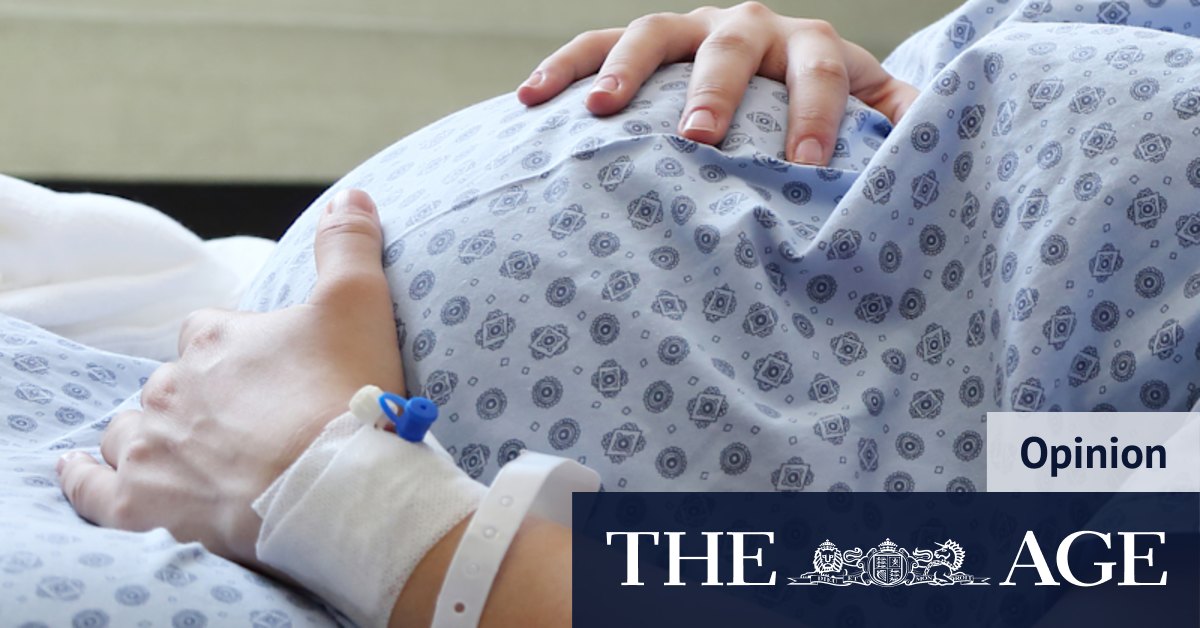In the last four years since I was sitting in that hospital car, waiting for my first surgery for this abscess, I met multiple doctors (pregnant, then breastfeeding) how to manage my body really like bamboo.
Most of the doctors I contact were men (85 percent of intestinal surgeons in Australia). Nevertheless, my female physiology surprised health professionals regardless of gender.
Then I woke up from another surgery during my pregnancy, I was sorry to find out that I was replaced on my back – a position that increases the risks of dead birth during the next pregnancy. I especially liked it not to be placed in this way, the surgeon had accepted it before the surgery, but no one explained why it was rejected.
Then a few months after my son was born, the diagnosis of my Crohn was confirmed. The news was given by a harsh male surgeon on my hospital bed, condemned me about my gastroenterologist (I chose someone normally not working; During the conference, I grasped Groggilly in my hospital dress to cover my naked breasts; Then I was trying to express milk.
Since the white -haired doctor rose to me, the message I received was crystal: my agency, my privacy and dignity was not his priority.
Loading
There were other lessons waiting for me. I learned to breastfeed by taking painkillers after surgery. I mastered the IV drug infusions and pumped milk with one hand. I learned that I didn’t say when I was going to stop breastfeeding.
I also learned how hard the uncomfortable women should be for heard. Since I entered the operating room four years ago, I had to ruthless defend for myself in a health system that was not made for my body.
Medical science still has gaps on the base of evidence, and women’s knowledge gaps. Most doctors want to help patients, but they are still taught from textbooks that are still not usually not. Calculate gender and gender differences. Recent research from the University of James Cook found that “there is still no fixed or open necessity to include women’s health in the curriculum of the Australian School of Medicine”.
As a result, many doctors do not know the issues that can help me – and other patients like me.
Among these issues: how hormonal shifts, including pregnancy, affect autoimmune disease; How to safely treat pregnant, breastfeeding and post -birth patients; Instead of telling women to work on stress levels, how to deal with medical uncertainty.
And above all: why it is very important to listen to women who have been left by the male -dominated medical system for a long time.
Grace Jennings-Edquist award-winning journalist, writer and host of Podcast Hysterical.
The Opinion Bulletin is a weekly landscape winding that will challenge and inform yourself. Save here.




